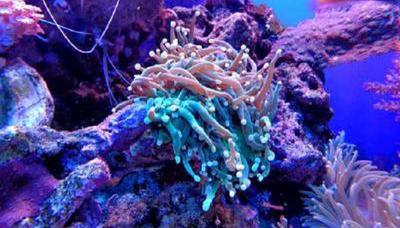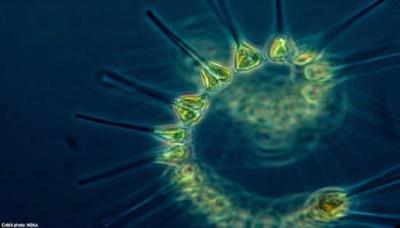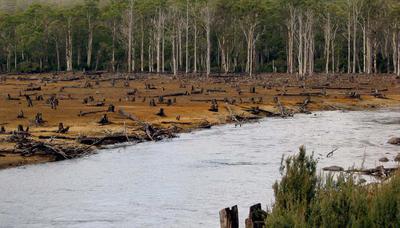The decline of marine biodiversity
The Ocean and Climate Platform was established from an alliance of non-governmental organizations and research institutes, with support from the UNESCO Intergovernmental Oceanographic Commission on June 10th 2014 during the World Ocean day. It is the international Ocean and Climate think tank, gathering over 70 organizations for the purpose of highlighting scientific expertise and supporting ocean and climate issues advocacy before politicians, decision-makers and the general public. Today the Platform includes scientific organizations, universities, research institutions, non-profit associations, foundations, science centers, public institutions and business organizations, all acting to bring the ocean to the forefront in climate discussions.
Life in the Ocean: The Day after Tomorrow
The loss of marine biodiversity is weakening the ocean ecosystem and its ability to withstand disturbances, to adapt to climate change and to play its role as a global ecological and climate regulator.
The ocean is home to millions of species. The health of the oceans is strongly dependent upon this marine biodiversity. Life in the ocean is an essential component of climate regulation. Climate change due to human activity has a direct impact on marine species. It alters their abundance, diversity and distribution. Their feeding, development and breeding, as well as the relationships between species are affected.
- Rising temperatures lead to different behaviour patterns according to species. Some adapt to temperature changes, while others migrate toward the poles or to new areas. Other species disappear, as has been observed for certain corals that can rapidly bleach and die when their symbiosis with the unicellular algae, that they shelter and feed on, is interrupted.
- The ocean acidification, caused by an increasing absorption of atmospheric carbon dioxide (CO2), has a direct impact on the marine organisms with calcareous skeletons or shells: these include phytoplankton, crustaceans, molluscs…
- Extreme climatic events deplete natural environments, for example by erosion and flooding. They disturb marine life in coastal areas, particularly in certain coastal habitats such as mangroves and seagrass beds, which are vital breeding grounds as well as potential CO2 capture zones.
Fish is a primary source of animal protein for at least one billion people in the world. Apart from overfishing or pollution, climate change alone heavily affects the food resources for human populations, in developing countries essentially. Losses in biodiversity also imply a loss of genes and molecules that are potentially valuable for medical research and industry.
Due to these multiple changes that cumulate on marine ecosystems, the ocean is becoming, in turn, very sensitive to climate change. Indeed, the more ocean ecosystems become depleted, the less they are able to adapt to climate change. The severity of this situation has been considered too lightly.





